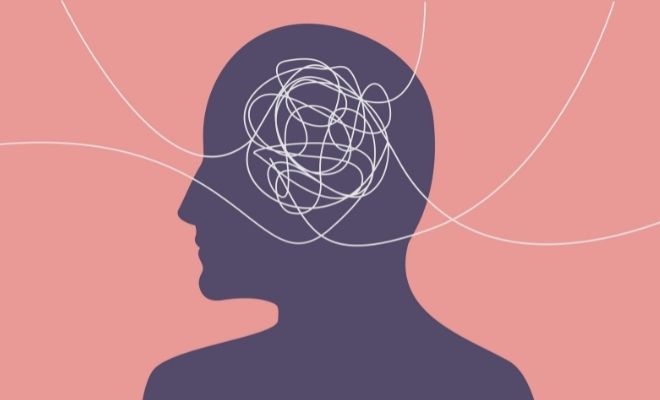It is inevitable when you are suffering from an anxiety disorder not to ask yourself where it came from and why. The first look is at the family history, is there anyone in your family with an anxiety disorder or depression? Have you had family members with mental health problems? And perhaps the question that worries you the most, will my children inherit my anxiety problem? All these questions are summarized in one: is anxiety inherited? Let’s try to find an answer to understand how genetics influence anxiety.

The most common causes of an anxiety disorder
If there is a history of anxiety disorders or even depression in your family, you may be looking for genetic. But by now you will know that there is no specific one, since anxiety is a complex process that involves many factors, both in the form of causes and in the form of consequences. However, there are three common causes for this type of disorder:
Inherited traits. In a family, both biological and psychological traits are inherited, although they do not always determine what may happen to you in the future.
External stressors. Anxiety sometimes from environmental conditions. Toxic people, job frustration, abuse in different areas of life…
Life experiences. You also have to take into account life experience, important events, traumatic experiences or the behavior you adopt when faced with what happens in your life.
If you stay calm, we can affirm that there is no gene that transmits anxiety problems from one generation to another. However, it may be that part of your inheritance consists precisely in a precarious emotional balance. We explain why.
Family inheritance in anxiety
So is anxiety inherited? Anxiety is inherited, of course. In fact, it is an evolutionary advantage that allows us to recognize and react to danger. So you better have inherited that anxiety. But having anxiety is not having an anxiety problem. And we have to reformulate the question, are anxiety problems inherent?
Anxiety problems are not inherited, the predisposition to suffer from them is. We cannot deny the importance of genetic predisposition, the so-called family history that seems so important when you go to a medical consultation for whatever reason. One of the first things they ask you is about your family, if there is someone with the same care for which you go to the doctor.
But be careful, just because you have a predisposition to suffer frogman due to family inheritance does not mean that you have to have it, yes or yes. Do you know the difference between what influences and what determines? Well, the genetic inheritance of anxiety influences but does not determine. You are not doomed to suffer from anxiety because some people in your family have suffered from it and it is not in your destiny or in your DNA.
We continue with inheritance, but we move away from genetics to pay attention to the learning of the first years, which also influences us but does not have to be decisive. Living with a family member with childhood anxiety adds one more point to that genetic predisposition since that family member, especially if he is one of the parents, will be your role model.
And we already know that anxiety problems are, above all, behavioral problems. Hence the importance of seeking psychological helps to overcome anxiety with its star treatment, which is Cognitive. This therapy cannot eliminate the genetic factors that predispose you to suffer an anxiety disorder, but it can eliminate the inheritance that comes from learning and behavior acquired in childhood.






